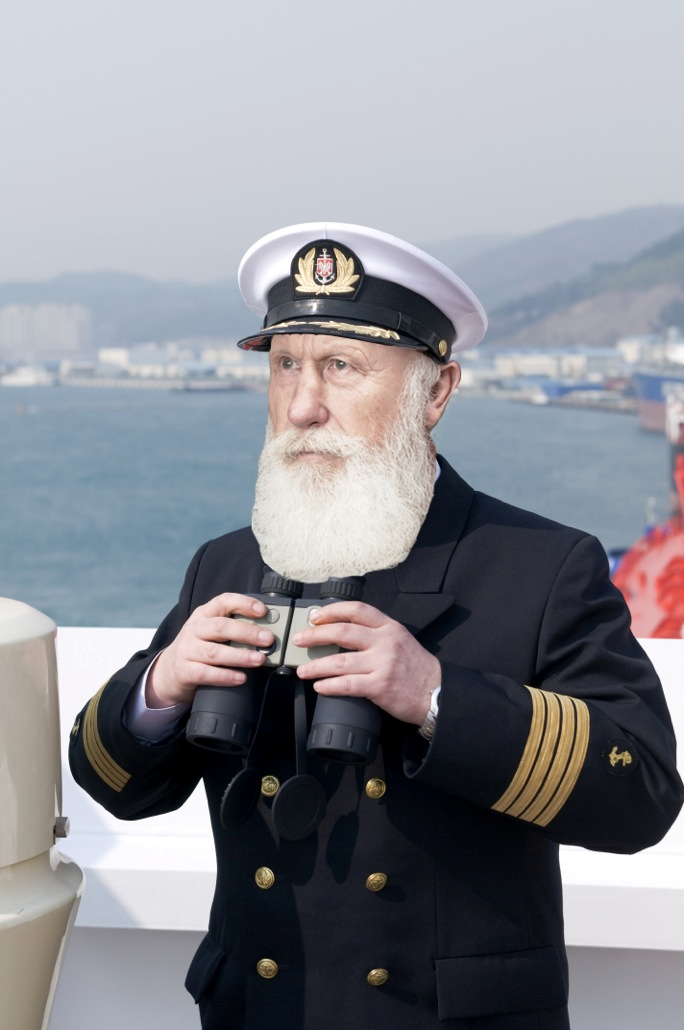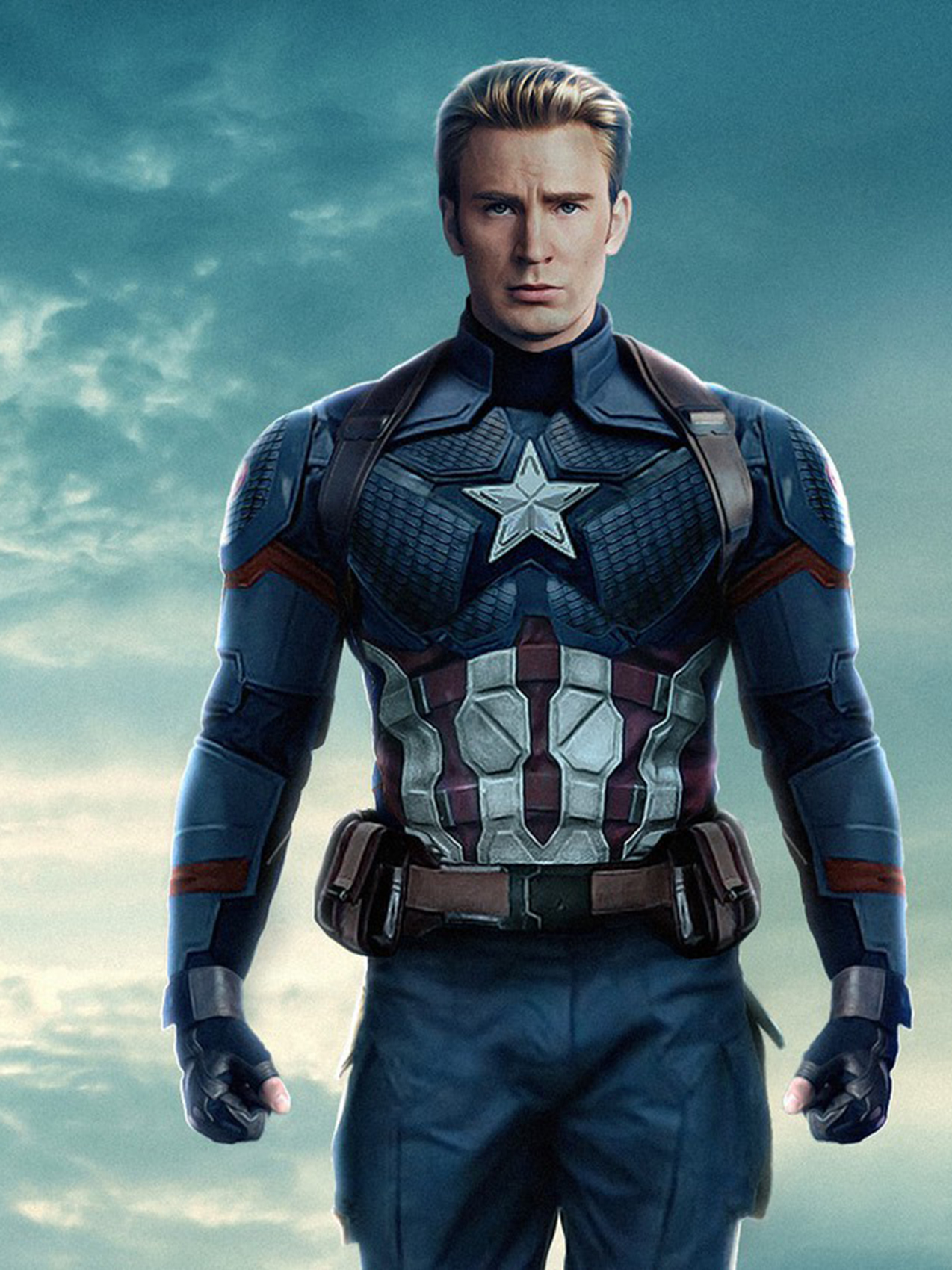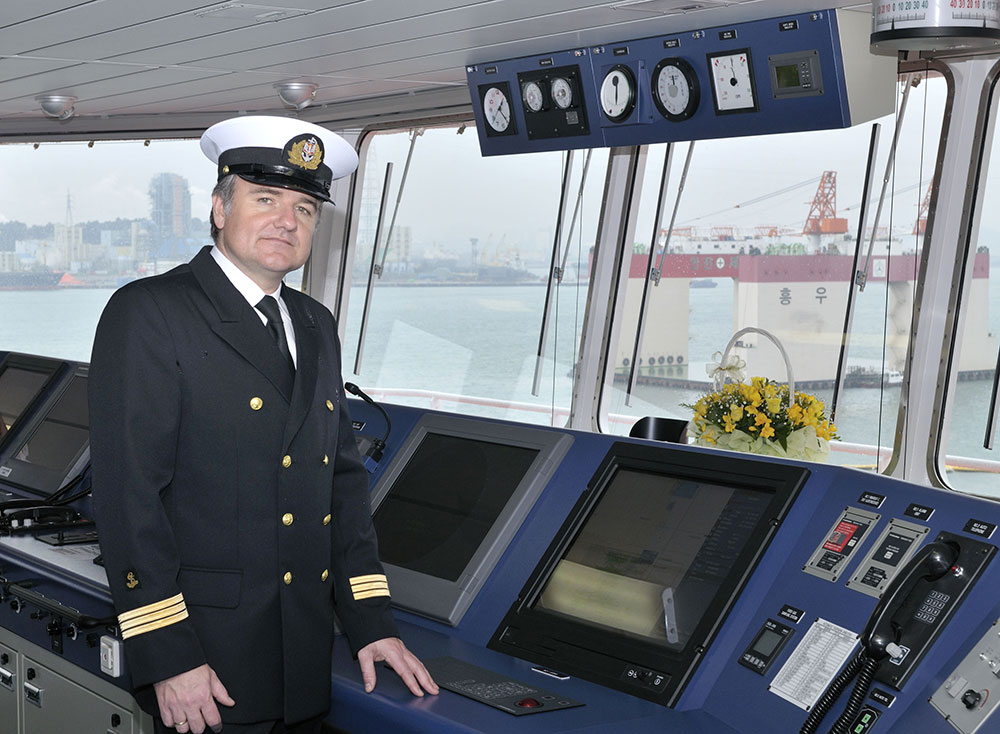The arrival of a true American icon, Captain America, in 2011, really brought to light a whole lot about what it means to be a guiding figure. People everywhere, you know, started thinking about the very idea of someone who steps up and takes charge, someone who has a deep sense of what is right and wrong. This character, in a way, embodies the spirit of a person who is at the front, ready to face whatever comes their way, offering a picture of what courage looks like. It made many of us consider the weight of leadership and the kind of individual who earns that special title.
When we talk about a "captain," there are quite a few ideas that come to mind, aren't there? It’s not just one thing, but a collection of roles that all share a common thread: someone who directs a group, a person who holds a position of authority over others working together. This sort of person, in some respects, is the one others look to for direction, for a sense of purpose, and for protection when things get tough. It's about being the one who stands tall, ready to make the big calls, and to keep everyone moving forward.
So, when a figure like Captain America comes onto the scene, especially back in 2011, we see these definitions come to life in a very human form. He isn't just a symbol; he is, basically, the living example of what it means to be a captain in various senses. From being a person who leads a team, to someone who simply has the final say, the character truly showcases the many layers of what that word means. It makes you think about the quiet strength and the firm hand needed to guide a group through tough spots.
Table of Contents
- The Essence of a Leader - What Does "Captain" Mean?
- Steve Rogers - The Man Behind the Shield
- Who Stands Against a Captain?
- What Makes Someone a True Captain?
- How Does a Captain Inspire Others?
- Is the Spirit of Captain America 2011 Still Relevant?
- What Challenges Does a Captain Face?
The Essence of a Leader - What Does "Captain" Mean?
When we consider the word "captain," it brings to mind a person who directs others, someone who stands at the front of a group. This particular word, you know, really describes a person who has control over a collection of individuals, whether they are working together for a goal or simply moving in a shared direction. It’s about being the person who makes the calls, the one who is looked upon to guide the actions of a team or even a larger body of people. This is, in a way, the core meaning of the term, shaping how we think about those who lead.
For instance, a "captain" might be a person in charge of an army group, someone who directs soldiers in a fight. This kind of leader, pretty much, holds a position of some importance within a military structure, giving commands and making choices that affect everyone under their care. They are the ones who are expected to show the way, to keep things organized, and to ensure that the group moves as one unit. It is a role that carries a lot of weight, requiring a strong will and a clear head, especially when the situation gets tricky.
Then there's the idea of a "captain" as the person who is in charge of a ship or a plane. This individual, you know, has the ultimate say over everything that happens on board, making sure the vessel gets where it needs to go safely. They are the one responsible for the well-being of everyone on that ship or aircraft, and for the safe operation of the entire craft. It's a role that demands great knowledge, steady nerves, and the ability to react quickly to any unexpected event. This type of leader carries a heavy load, literally and figuratively.
A Guiding Presence - The Role of a Captain in Captain America 2011's World
In the context of a character like Captain America, the meaning of "captain" takes on a special sort of significance, doesn't it? He is, after all, a figure who embodies the very idea of a person who guides others, a person who leads by example. He is someone who inspires loyalty and trust, someone who can unite different people under a common goal. This aspect of his character, in a way, speaks to the deeper meaning of what it means to hold such a title, showing that it is about more than just rank or position.
When we think about the hero from Captain America 2011, it's clear he acts as a central figure for those around him. He is the person others turn to for direction, the one who provides a sense of steadiness when everything else feels uncertain. This sort of influence, you know, is a key part of being a captain; it’s about having the presence to calm fears and to point the way forward. He represents a kind of moral compass, a person who consistently chooses the right path, even when it is the harder one to take. This makes him a natural leader, someone people want to follow.
His actions, too, very much reflect the idea of someone who is in charge of a group of people working together. Whether it's a small group or a larger force, he is the one who organizes, who plans, and who executes. This ability to bring people together and to direct their efforts is, basically, what makes him such an effective captain. It is not just about strength or skill, but about the capacity to rally others and to inspire them to achieve something greater than themselves. He truly shows what it means to lead a team.
Beyond the Battlefield - Other Kinds of Captains
The term "captain" isn't just for military figures or those in charge of vehicles, you know. It also describes the person who leads a sports team. This individual, quite often, is the one who helps keep the team together, who encourages their teammates, and who represents the group to the coaches and officials. They are the voice of the team on the field or court, the one who helps to keep everyone focused and playing as one unit. It’s a role that demands good communication and a strong sense of fair play.
This kind of captain, in some respects, shows leadership through cooperation and encouragement, rather than through strict command. They might not be giving orders in the same way a military leader would, but they are still guiding the group, setting the tone, and helping to achieve a shared victory. This is, you know, a different side of what it means to be a captain, one that focuses more on unity and collective effort. It truly highlights how varied the concept of a "captain" can be, extending far beyond traditional ideas of authority.
So, we see that a "captain" can be any person who is at the head of or has authority over others. This could be in a very formal setting or something a little more casual. The common thread is that they are the one who guides, who directs, and who takes responsibility for the group's actions. This broad meaning of the word, actually, helps us to better appreciate the many ways in which people can step up and lead, showing that leadership comes in many forms and situations.
Steve Rogers - The Man Behind the Shield
When we talk about Captain America, we are, of course, talking about Steve Rogers. He is the person who took on that special identity, the individual who came to represent what it means to be a guiding presence. His story, you know, is deeply tied to the idea of a captain, a person who steps up when needed most. He embodies the core qualities of someone who leads, someone who protects, and someone who inspires others to do their best. It's quite something to think about how one person can become such a powerful symbol.
Personal Details of Captain America 2011's Hero
While the specifics of Steve Rogers's life story are not in our immediate text, we do know his name, and that he is the one who carries the mantle of Captain America. He is, you know, the person we associate with this role, the individual whose actions define what it means to be this particular hero. The fact that he is mentioned alongside Sam Wilson, who also took on the name, simply shows that the identity of Captain America can be passed on, that the spirit of the captain can live on through different people. It is, in a way, about the idea more than just one person.
| Detail | Information |
|---|---|
| Name | Steve Rogers |
| Role | Captain America |
| Associated with | Sam Wilson (also Captain America) |
The text also mentions that Steve Rogers, and later Sam Wilson, have faced various bad guys in their time as Captain America. This, you know, simply tells us that being a captain, especially one like Captain America, involves facing challenges and standing against those who wish to cause harm. It’s a job that comes with a fair share of opposition, and requires a constant readiness to confront those who pose a threat. This is, in some respects, a key part of the captain's duty: to protect those they lead from dangers, both seen and unseen.
Who Stands Against a Captain?
A captain, by their very nature, often finds themselves in opposition to those who would disrupt order or cause trouble. This is, you know, a natural part of their role as a person who leads and protects. If someone is guiding a group, then there will almost certainly be others who try to stop that group, or who have different, perhaps harmful, aims. This dynamic creates the need for a captain to be not only a leader but also a protector, ready to defend their team or their people.
The idea of facing different bad guys is, actually, a central part of being a hero like Captain America. It means that the captain is constantly tested, constantly having to prove their ability to overcome obstacles and to keep their people safe. These challenges, you know, come in many forms, and a good captain must be prepared for whatever comes their way. It's a continuous process of confronting threats and finding ways to move past them, ensuring the well-being of those under their care.
The Foes Captain America 2011 Has Faced
Our text mentions that Steve Rogers, as Captain America, along with Sam Wilson, has come up against various kinds of bad guys in their time. Some of these bad guys, it says, were more of a danger than others. This suggests, you know, that the challenges a captain faces are not all equal; some are more difficult to handle, requiring greater effort and clever thinking. It really highlights the varied nature of the threats that a person in charge must be ready to deal with.
The fact that some of these opponents are described as more of a "threat" simply means that they pose a bigger problem, perhaps having more power or being harder to defeat. This means, in a way, that a captain must be able to judge the level of danger and adapt their approach accordingly. It's about being smart as well as strong, understanding the different kinds of challenges that might appear. This ability to assess and respond to varying levels of danger is, basically, a vital skill for any person who leads others.
So, while we don't have a list of specific names of these bad guys, the general idea is that a captain like Captain America is someone who constantly stands up to opposition. This is, you know, a defining part of his role, showing that being a leader often means being at the forefront of conflicts. It is a testament to his strength and resolve that he continues to face these dangers, always striving to protect those who cannot protect themselves. This makes him a truly admirable figure, someone who never backs down.
What Makes Someone a True Captain?
What really makes a person a true captain, a genuine leader of others? It seems to be more than just having a title or being in a position of power, doesn't it? A true captain, you know, is someone who earns the trust and respect of those they guide. They are a person who shows courage when things are tough, and who makes choices that put the well-being of their group first. This sort of dedication is, in some respects, what truly sets them apart from others who simply hold a rank.
It's about having the ability to direct others, yes, but also about the wisdom to listen and to understand the needs of the people they lead. A true captain, you see, is someone who can inspire confidence, someone whose presence makes others feel safer and more capable. This involves a kind of quiet strength, a steady hand that can guide a group through any storm. It is, basically, about being a rock for others to lean on, someone who is dependable and fair in all situations.
Such a person also needs a clear sense of purpose, a strong idea of what they are fighting for or what they are trying to achieve. Without this, you know, it's hard to lead effectively. A captain with a clear vision can motivate others to work towards a shared goal, even when the path is difficult. They are, in a way, the heart of the group, providing the drive and direction needed to succeed. This makes their role so much more than just giving orders; it is about providing meaning and direction for everyone involved.
How Does a Captain Inspire Others?
How does a captain, like the one we think of when we hear "Captain America 2011," manage to get others to follow them, to truly believe in their direction? It's not just about telling people what to do, is that? It's about showing them the way, setting an example through their own actions. When a captain shows bravery, fairness, and a deep care for their team, others naturally want to stand with them. This kind of leadership, you know, comes from the heart, rather than just from a rule book.
A captain inspires others by being a person of integrity, someone whose words match their deeds. When people see that their leader is honest and committed, they are much more likely to put their trust in that person. This builds a strong bond, a sense of shared purpose that makes the group more effective. It is, in a way, about building a relationship based on mutual respect and understanding. This means being open and approachable, someone others feel comfortable coming to with their concerns.
They also inspire by giving others a sense of their own worth and ability. A good captain, you see, doesn't just command; they empower. They help their team members to grow, to learn new things, and to believe in their own strengths. This approach, actually, creates a more capable and confident group, one that is ready to face any challenge together. It's about fostering a sense of collective power, making everyone feel like a valuable part of the overall effort. This kind of encouragement is a very important part of true leadership.
Is the Spirit of Captain America 2011 Still Relevant?
Thinking about the meaning of "captain" and the character of Captain America from 2011, does that spirit still hold meaning for us today? The idea of a person who leads, who stands up for what is right, and who protects others, you know, seems like something that will always be needed. The world might change, but the need for good leadership, for people who are willing to take charge and guide others, remains constant. It's a timeless concept, really, that continues to resonate.
The core values associated with a captain – courage, a sense of duty, a commitment to the well-being of the group – are, in some respects, universal. These are qualities that people admire and look for in their leaders, no matter the situation. So, the spirit of a captain, as embodied by someone like Captain America, continues to be a source of inspiration. It shows that even in complex times, there is still a place for clear moral guidance and unwavering dedication. This is, basically, why such figures continue to capture our imagination.
Whether it's in a big, dramatic situation or in our everyday lives, the lessons learned from thinking about what a captain truly is can be applied. It reminds us that each of us, in our own way, can be a leader, can take charge of our own actions, and can stand up for what we believe in. This idea, you know, is a powerful one, showing that the spirit of a captain is not just for heroes in stories, but for anyone who chooses to make a positive difference. It really is about taking responsibility and acting with purpose.
What Challenges Does a Captain Face?


